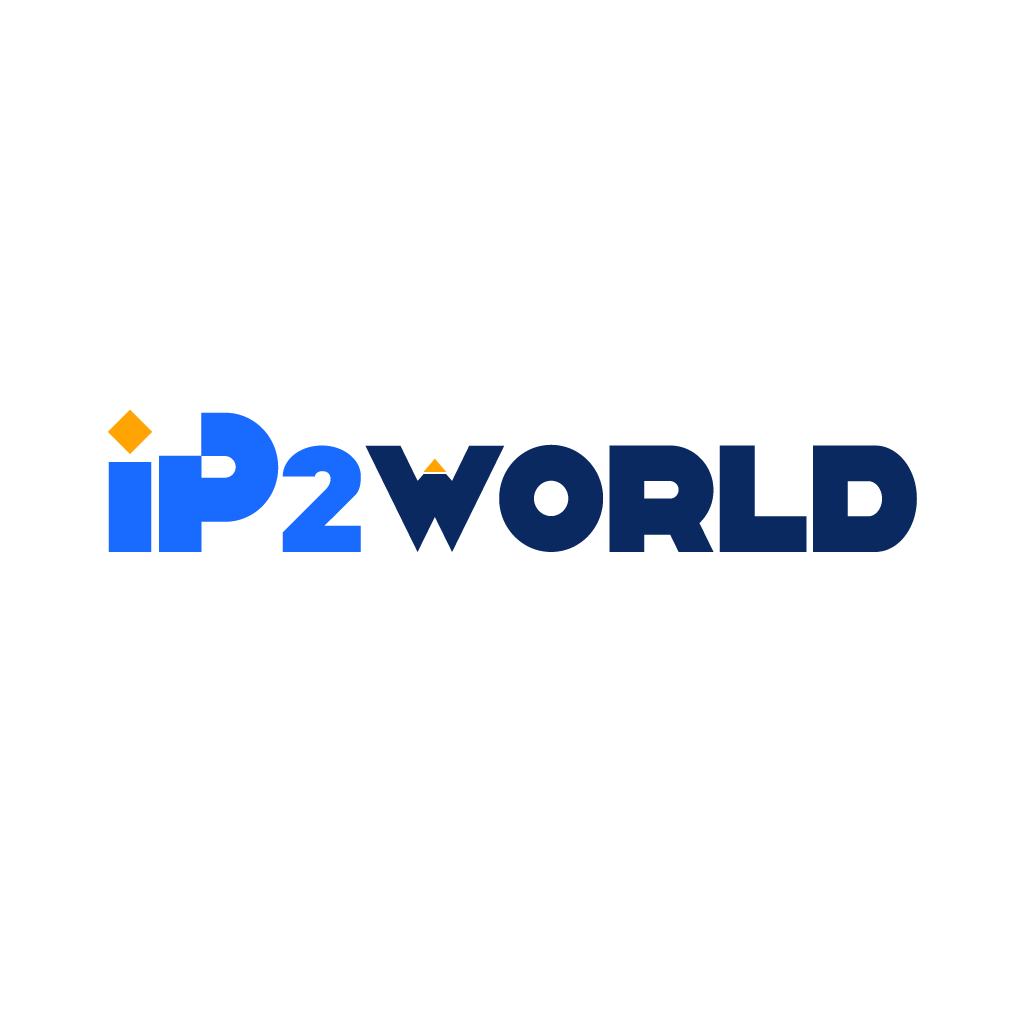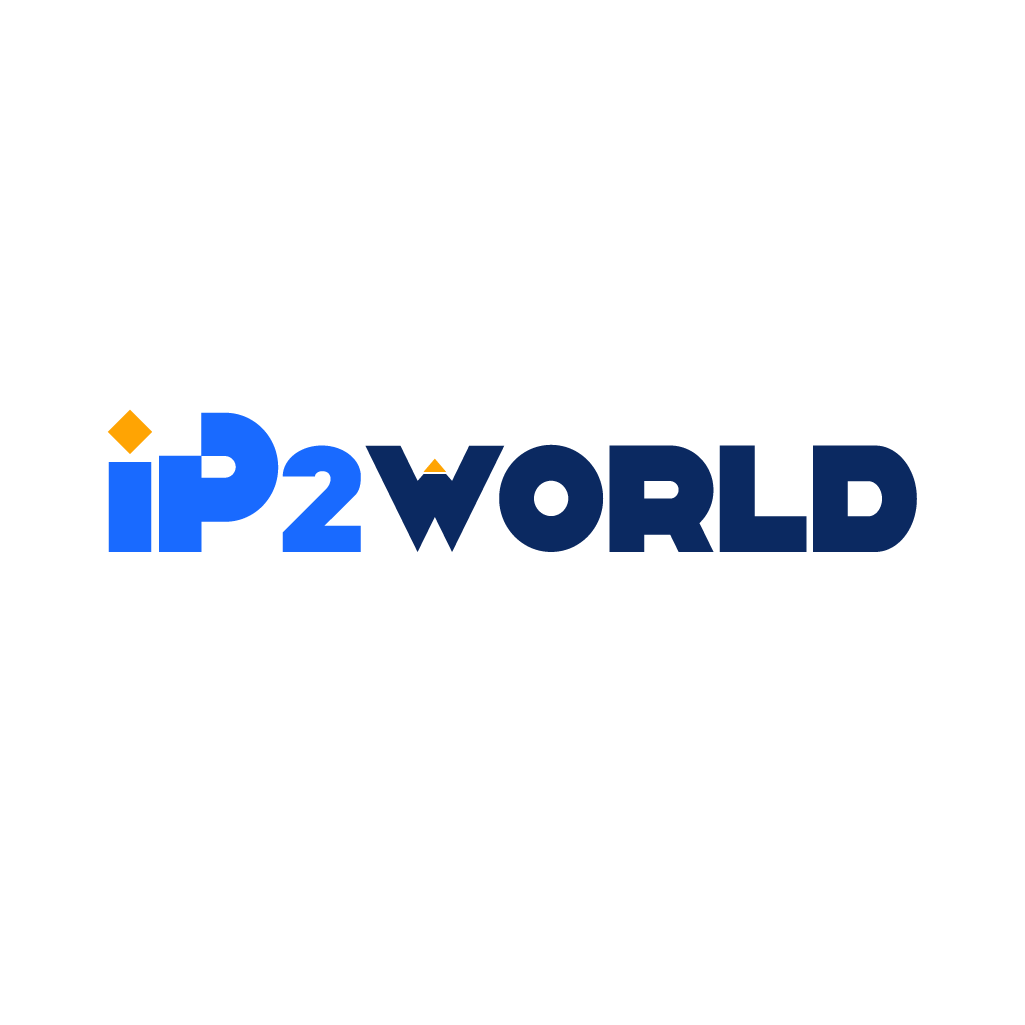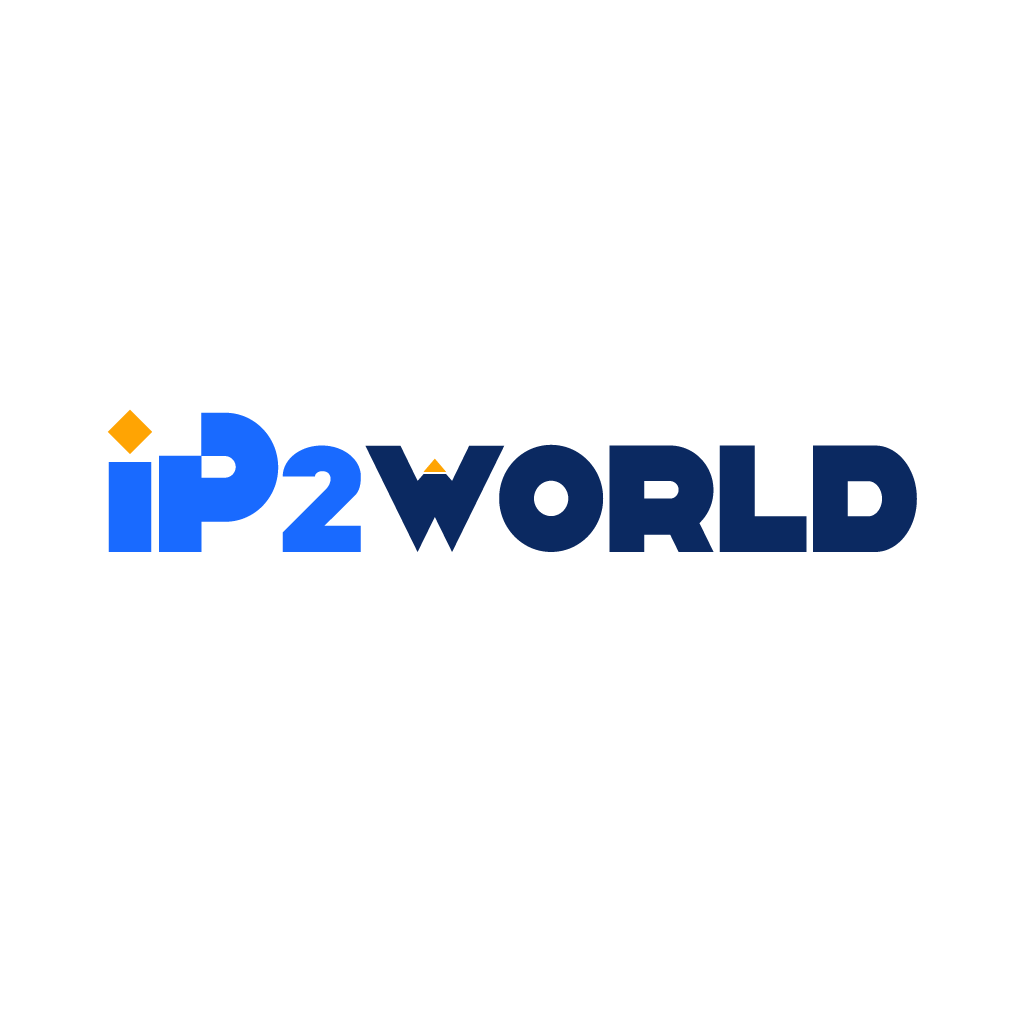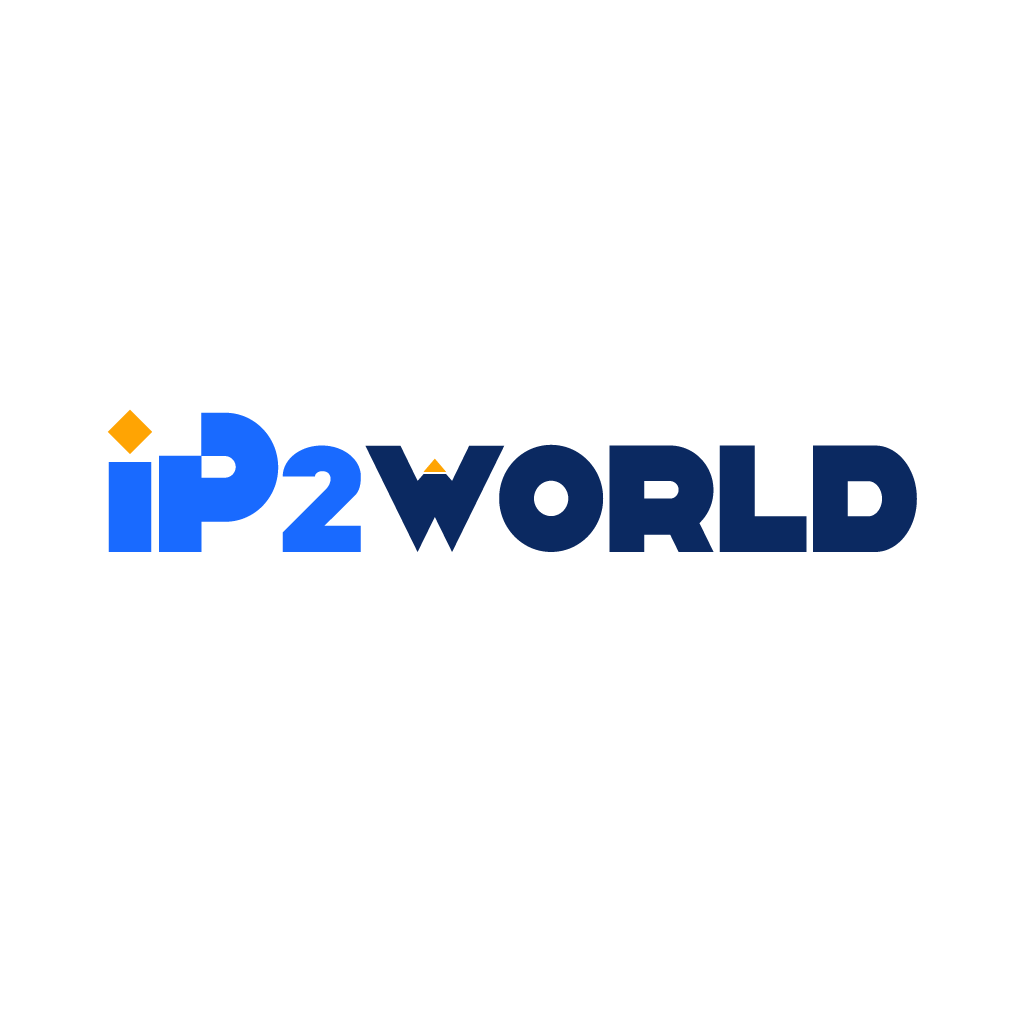Proxy IP is a kind of network service, which allows users to access the Internet through an intermediate server, thus hiding or changing their real IP address. This technology has a wide range of uses and values in practical applications, but it is also affected by many factors, resulting in price differences. The main functions of proxy IP include: Data collection: Market research institutions or enterprises can collect data from different regions and industries through proxy IP tools, so as to more accurately understand market trends and consumer demand. Data analysis: In data analysis, it is necessary to obtain data from different regions and users in order to understand the market and user needs more comprehensively. Network marketing: simulating different users through proxy IP can improve the exposure and click rate of advertisements, which will help enterprises to better complete network marketing activities. Privacy protection: Using IP proxy can hide the real network IP address of users, enhance the anonymity of users' activities on the Internet, and prevent personal information from being maliciously collected or abused. Geographical location and access restriction bypass: IP proxy can bypass some geographical restrictions and enable users to access resources in restricted areas. The price of proxy IP is determined by the following factors: Proxy IP type: The price of exclusive IP and shared IP is different. Exclusive IP provides better privacy and stability, and the price is usually higher. Stability and speed: A more stable proxy IP service will provide a more reliable and secure network environment, while a high-speed proxy IP service can provide users with a smoother network experience. These high-quality proxy IPS are usually more expensive. Geographical location: The proxy IP price may be higher in popular areas or areas that are difficult to obtain. Frequency and usage: If users only occasionally use proxy IP for simple network operations, the price is usually cheaper. However, for users who need to use proxy IP a lot, such as crawling data in batches, the corresponding price will be higher. When choosing agency services, users should weigh and choose according to their own needs and budgets. For example, the tunnel proxy service provided by 123Proxy is based on 10,000 high-performance cloud servers, with a daily IP pool size of 2 million+,network bandwidth of 5–100 Mbps, unlimited white list support and no traffic restriction, so it is a cost-effective choice. Generally speaking, proxy IP has a wide range of uses and values in practical applications, including anonymous internet access, access to geographically restricted content, improving network security and network optimization. At the same time, the price of proxy service is influenced by many factors, including the location and quantity of servers, bandwidth and traffic restrictions, service quality, privacy and security.
2024-09-05





